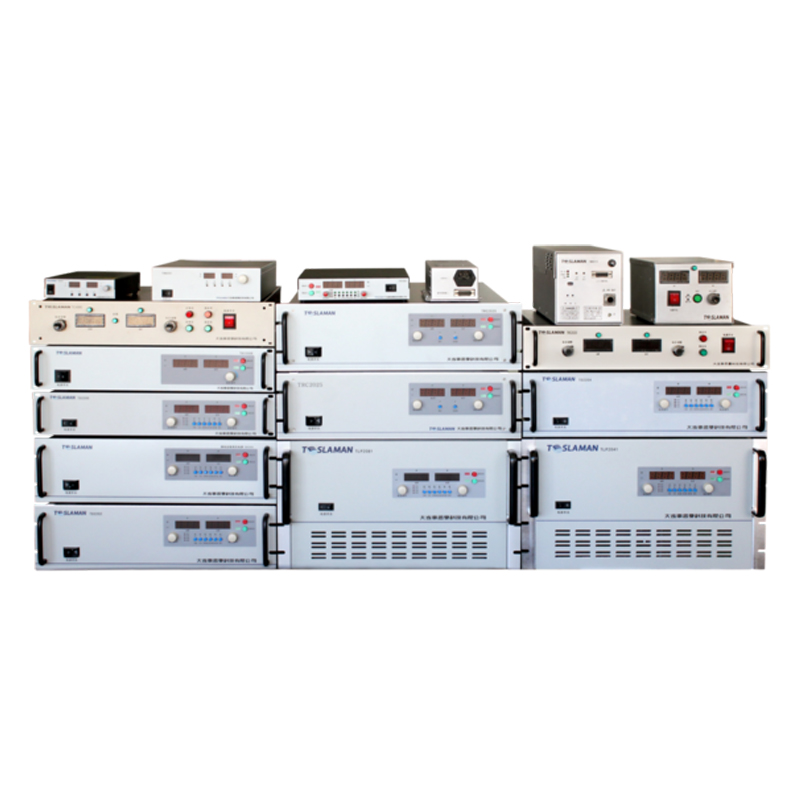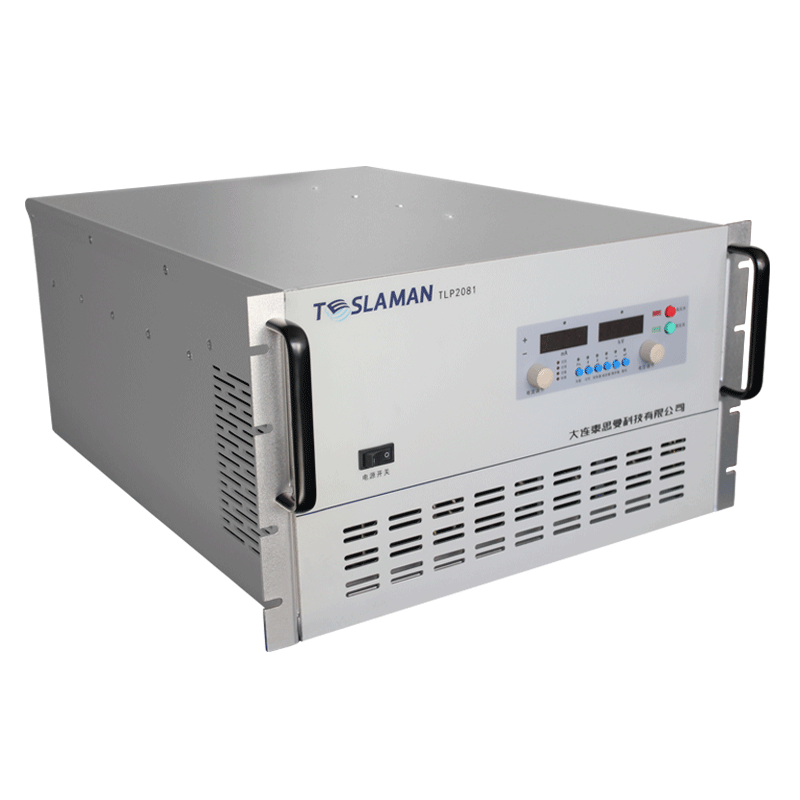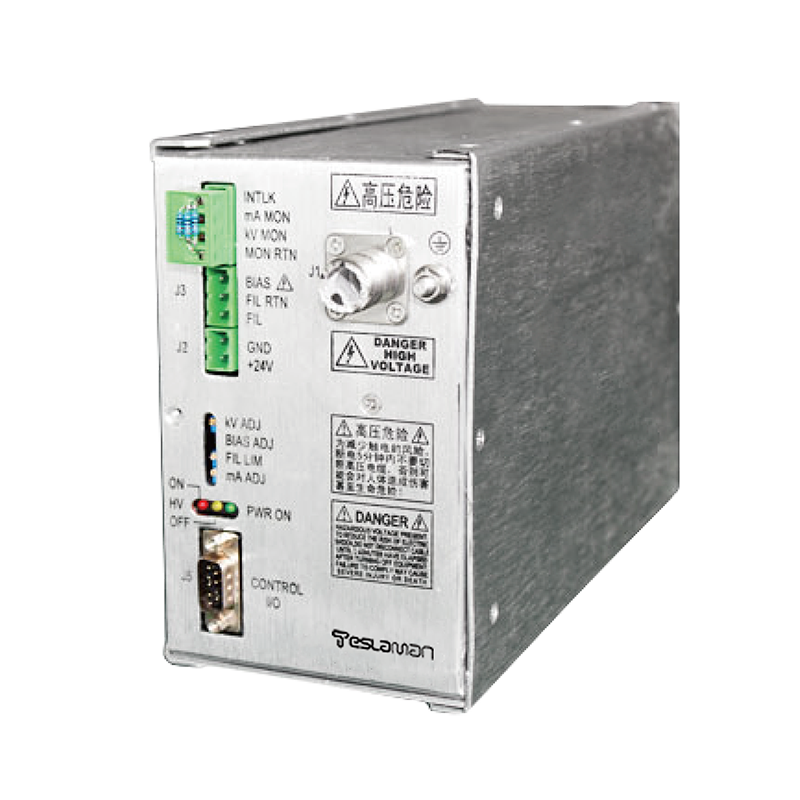Application of High-Voltage Power Supply in High-Speed Electronic Testing
With the rapid development of high-speed electronic technology, the operating speed and integration of electronic devices are constantly increasing, putting forward higher requirements for high-speed electronic testing. As an important part of the testing system, high-voltage power supplies play an irreplaceable role in high-speed electronic testing due to their unique performance advantages.
In the field of semiconductor device testing, high-voltage power supplies are key equipment. As semiconductor processes move towards smaller process nodes, accurate testing of parameters such as the voltage withstand performance and breakdown characteristics of devices is crucial. High-voltage power supplies can provide stable and adjustable high voltages, which are used to apply reverse bias or forward high voltages to semiconductor devices to detect the performance of devices under extreme voltage conditions. For example, in the testing of power devices such as MOSFETs, by applying different levels of voltage through a high-voltage power supply, key parameters such as the threshold voltage and drain-source breakdown voltage of the device can be accurately measured, thereby screening out products with qualified performance and ensuring the reliability of semiconductor devices in practical applications.
High-speed signal transmission testing also relies on the support of high-voltage power supplies. In high-speed communication systems, the integrity and anti-interference ability of signals directly affect communication quality. High-voltage power supplies can be used to generate specific high-voltage pulse signals to simulate various electromagnetic interference environments and conduct anti-interference tests on high-speed transmitted signals. By changing the output parameters of the high-voltage power supply, such as pulse amplitude, frequency, and pulse width, the performance of the signal transmission system under different interference intensities can be tested, helping engineers optimize the system design and improve the stability and reliability of signal transmission. In addition, in the testing of high-speed connectors and cables, high-voltage power supplies can also be used to detect their insulation performance and voltage withstand capabilities, ensuring that signals will not be distorted or interrupted due to electrical failures during transmission.
In high-speed integrated circuit testing, high-voltage power supplies also play an important role. In order to verify the stability and reliability of integrated circuits under extreme operating conditions such as high voltage and high current, high-voltage power supplies are required to provide voltages and currents beyond the normal operating range for integrated circuits. In this way, potential design flaws and manufacturing process problems of integrated circuits can be discovered in advance, and timely improvements and optimizations can be made to improve the yield and performance indicators of integrated circuits.
Although high-voltage power supplies are widely used in high-speed electronic testing, they also face some challenges, such as high-precision control of voltage output, fast response capabilities, and electromagnetic compatibility. In the future, with the continuous innovation of power electronics technology, high-voltage power supplies will develop towards higher precision, faster response, and stronger anti-interference capabilities, providing more reliable and efficient solutions for high-speed electronic testing and promoting the continuous progress of high-speed electronic technology.




















